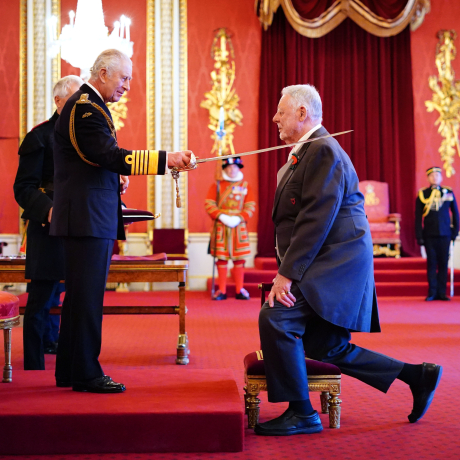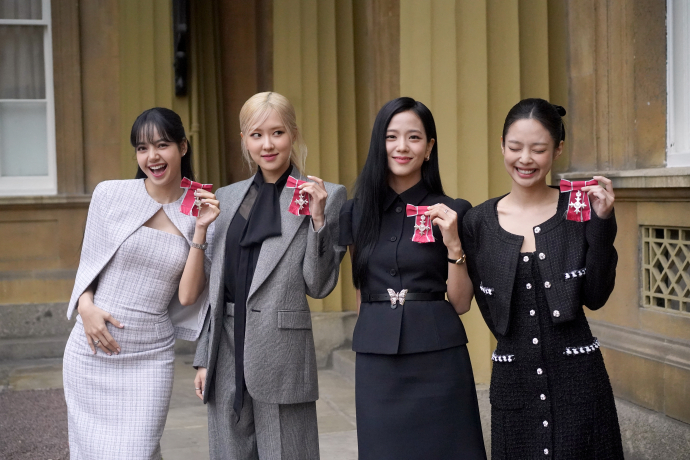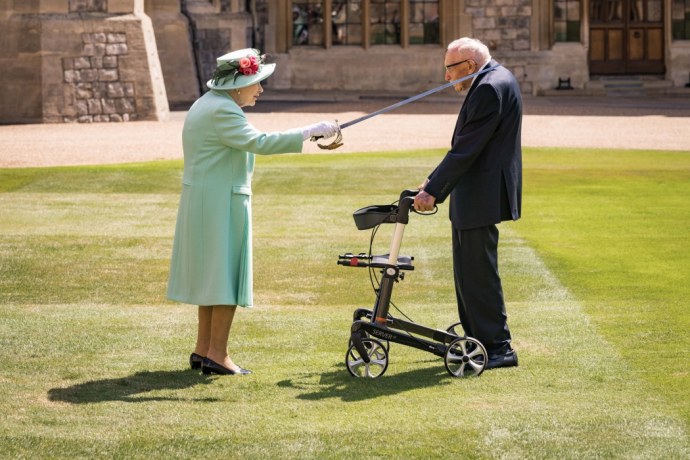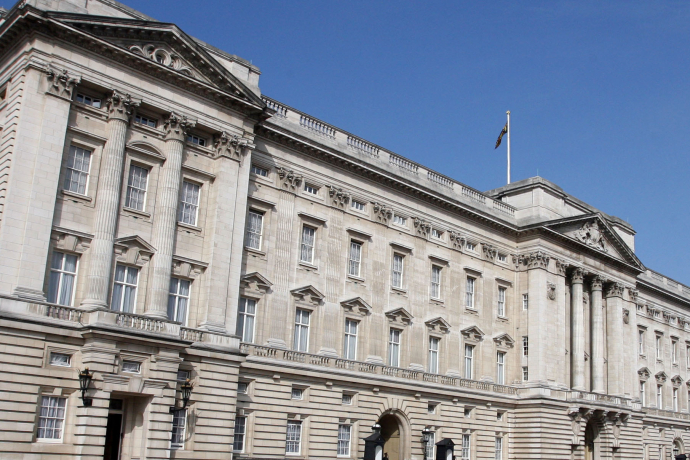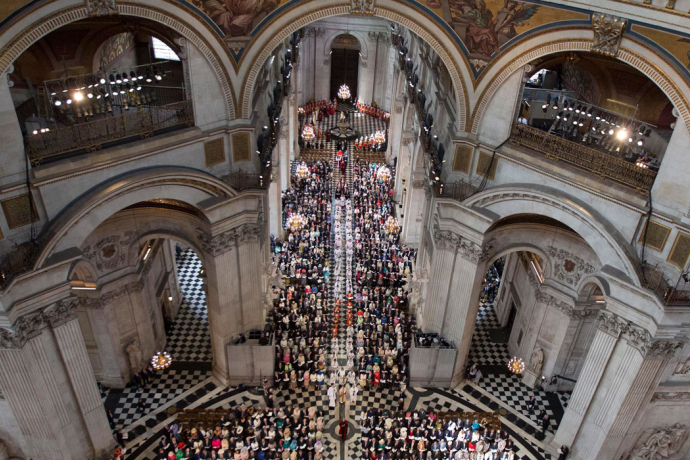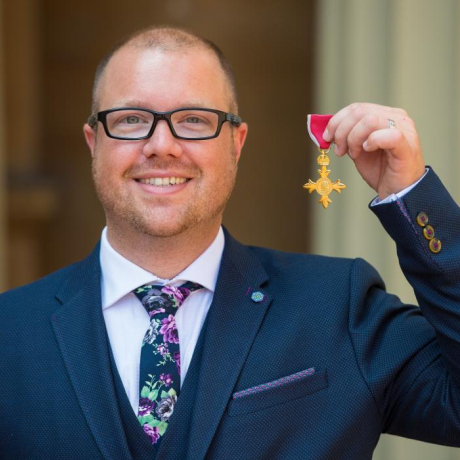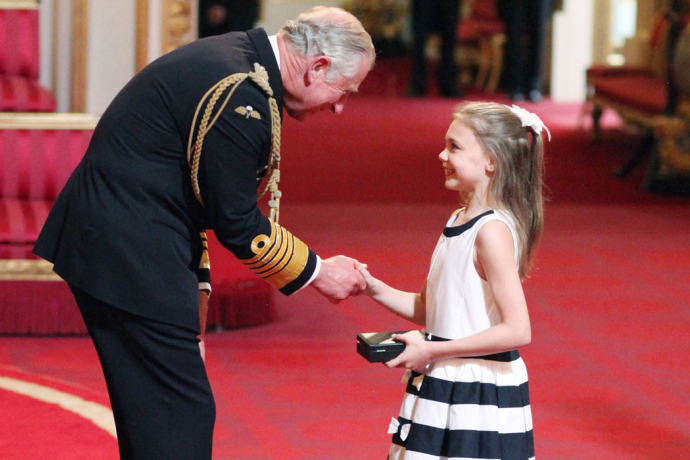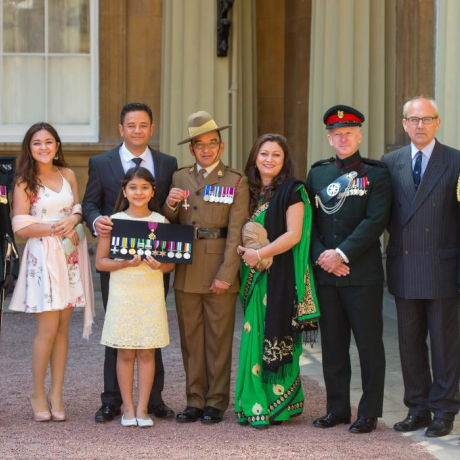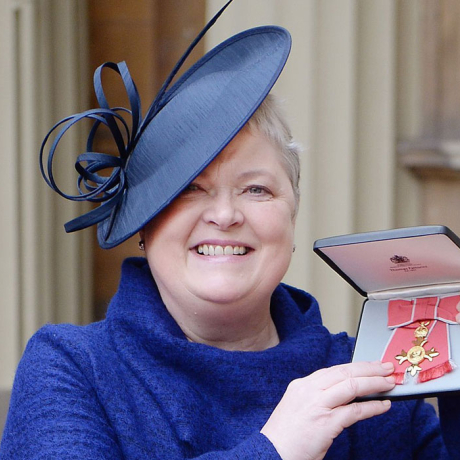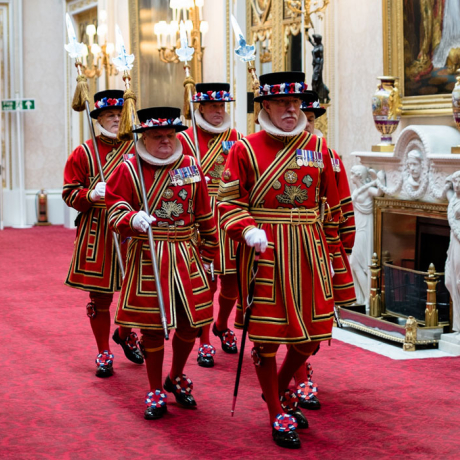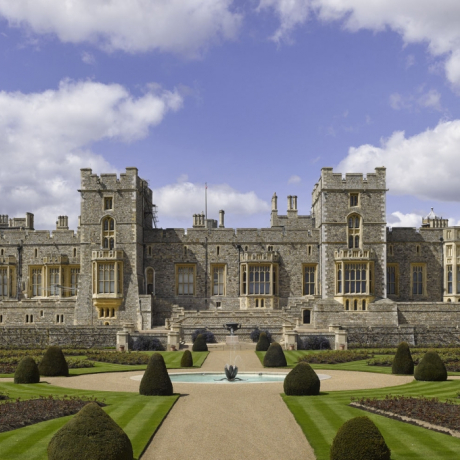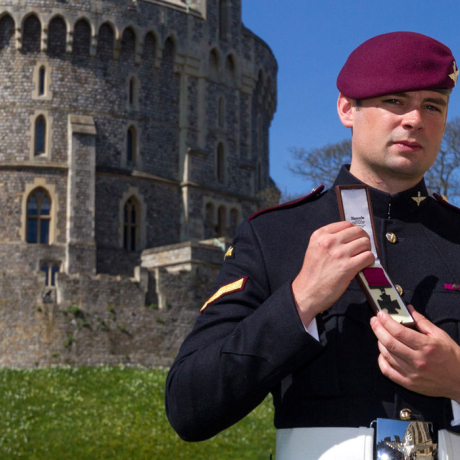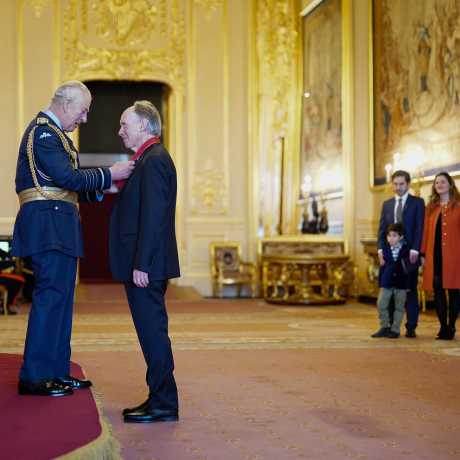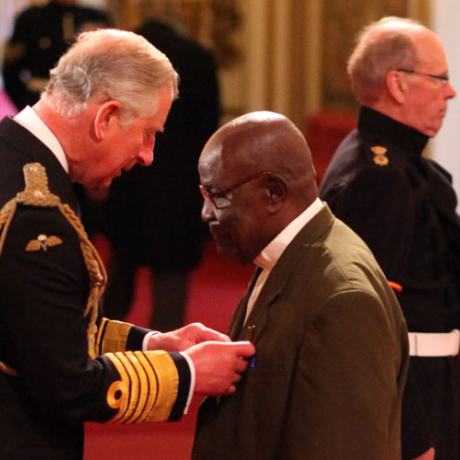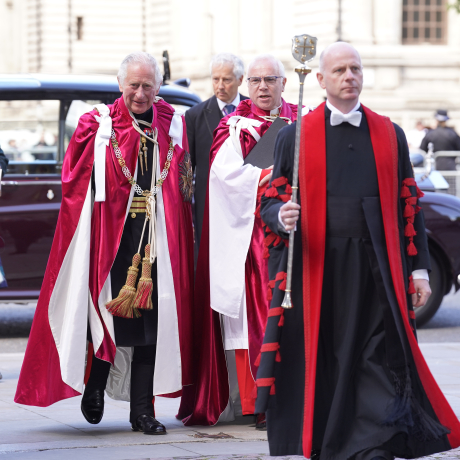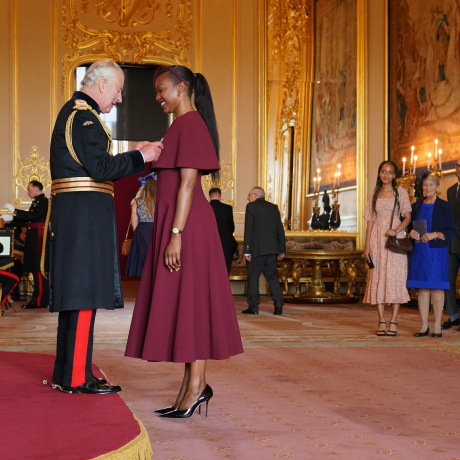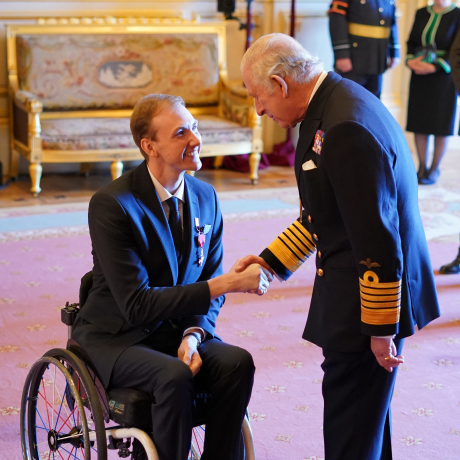The origins of knighthood are unclear, but are thought to date back to Roman times. In medieval times, knights underwent strict training from boyhood to be a brave and chivalric horseman supporting the monarch in battle.
A knighthood cannot be bought and it carries no military obligations to the Sovereign.
The King (or a member of the Royal Family acting on his behalf) confers knighthoods in Britain, either at a public investiture or privately. The ceremony involves the ceremonial dubbing of the knight by The King, and the presentation of insignia. During the knighting ceremony, the knight-elect kneels on their right knee in front of The King or member of the Royal Family on a special knighting-stool. The King then dubs the knight by laying a bare sword blade on the knight's right shoulder, then the left. The King then awards the knight with their insignia. Dames are not dubbed with the sword in this way. Contrary to popular belief, the words 'Arise, Sir...' are not used.
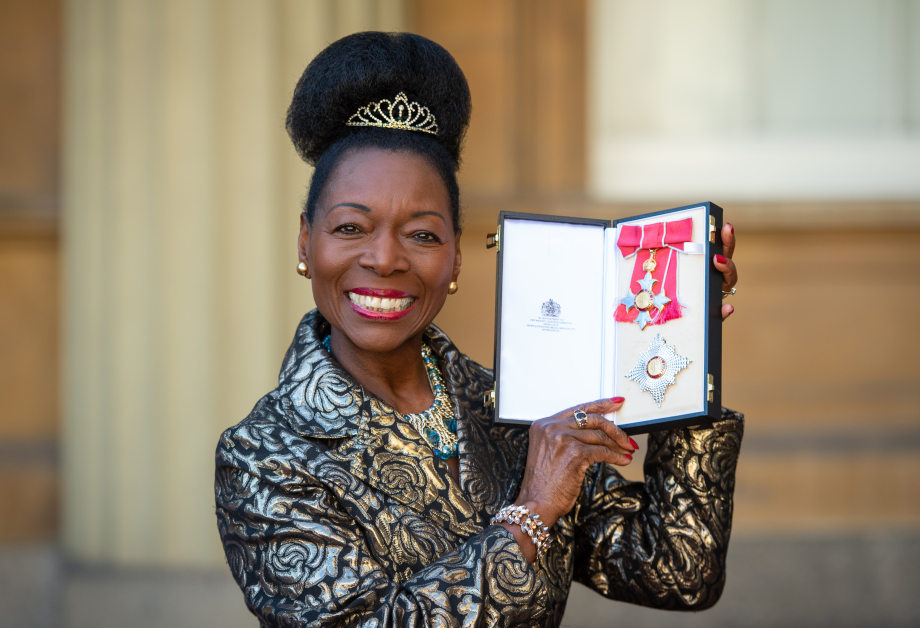
By tradition, clergy receiving a knighthood are not dubbed, as the use of a sword is thought inappropriate for their calling. They are not able to use the title 'Sir'.
Foreign citizens occasionally receive honorary knighthoods or damehoods through UK orders; they are not dubbed, and they do not use the style 'Sir' or 'Dame'. Such knighthoods are conferred by The King, on the advice of the Foreign and Commonwealth Office, on those who have made an important contribution to relations between their country and Britain.

